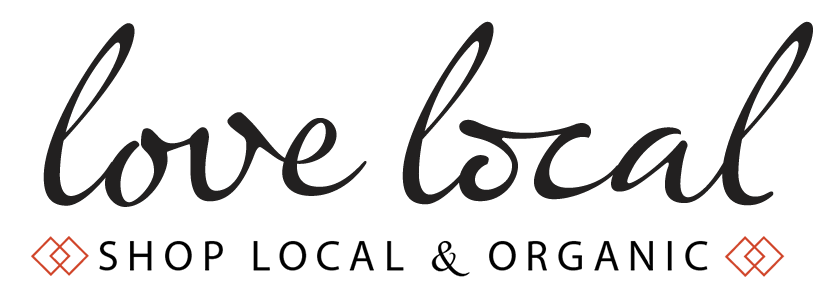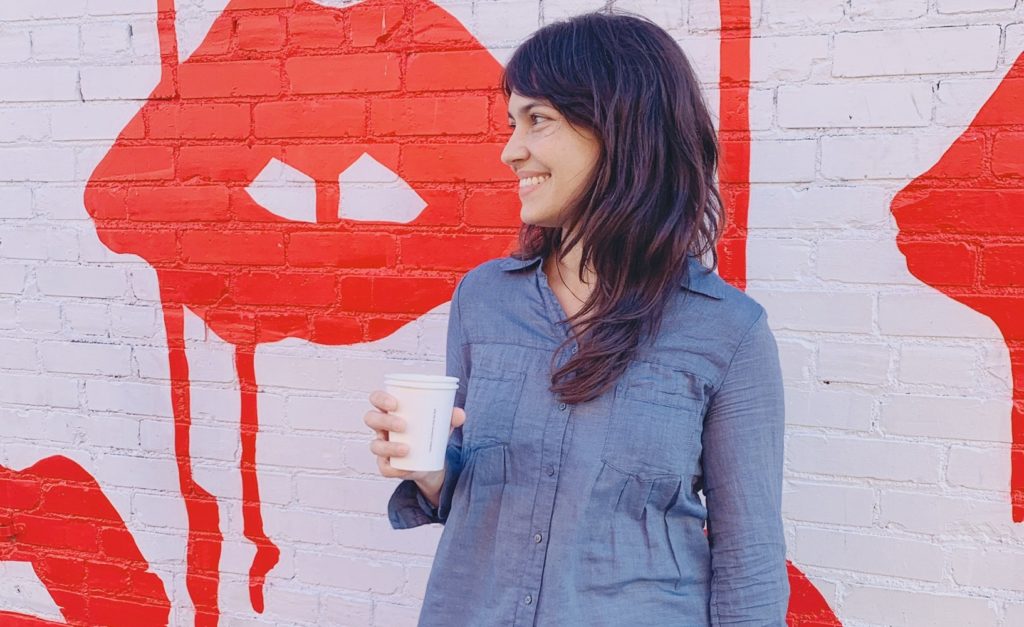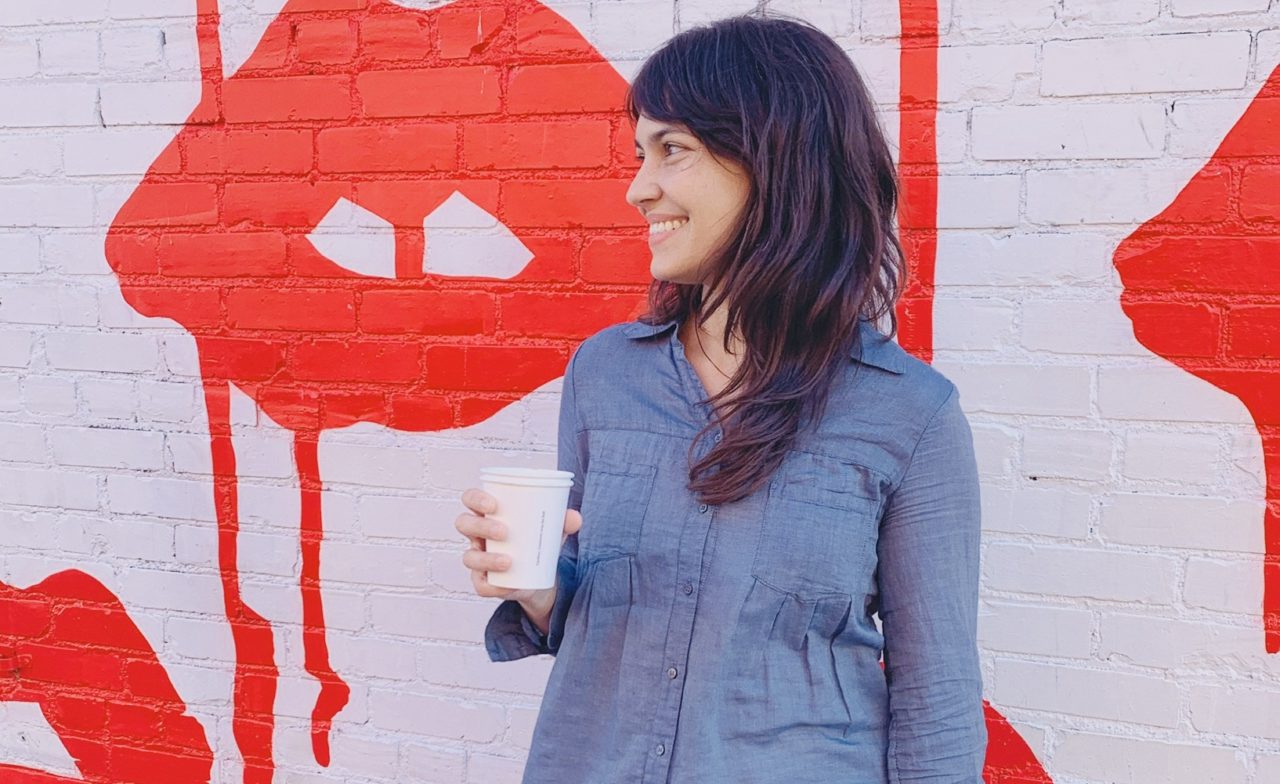w/ Love Local
My name is Jen and I created Love Local because I wanted to support independently owned brands and truly shop small. My journey started while living in New York City, I stumbled upon a bodega that carried cleaner, safer products that I didn’t see at my local grocer. It inspired me to start digging. I started researching these newly discovered brands to see where they were from and what their message was. I began to understand what was at stake, and I started making small changes in the products I bought and the food I ate. I sought out independent brands with environmental integrity that made healthier, safer products.
Love Local is an online directory of independently owned, small businesses that focus on sustainability. The Love Local directory features all kinds of businesses. From finding organic dog food, to bedsheets made with organic cotton, to biodynamically farmed food, Love Local makes it easy to shop small with businesses who have sustainable models. Check the product categories to see everything Love Local covers. Additionally, shopping small allows you to prioritize your values and shop from makers and growers who care about the same things you do.
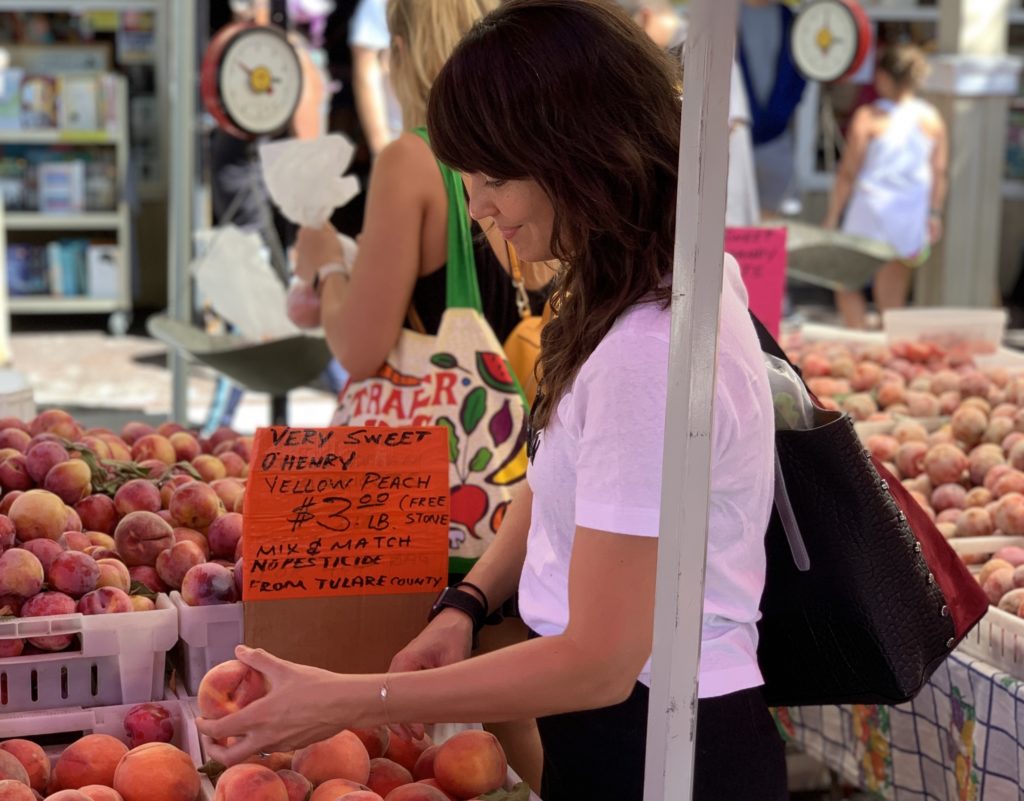
To me, shopping small means choosing small businesses rather than big corporations to purchase goods and services from. It means forgoing big brand stores and opting for local Main Street shops, and shopping from the vendors at your local farmers markets. So many small business exist and are striving to bring you goods and services with integrity, why not shop small and support them? Shopping small means doing a little bit of research to make sure you’re not picking up a brand that only looks like it’s made by a small business. One of the things I discovered when seeking to shop small was that big conglomerates were buying up small, indie brands just to be able to sell organic and sustainable goods even though they were inherently not small or sustainable. For example, Burt’s Bees was an independent small business that was bought by Clorox. I loved knowing that when I bought a tube of Burt’s Bee’s lip balm I was supporting a small business run by a man named Burt who lived on a farm in Maine and cared about the planet. Later, I found out that Clorox bought had bought Burts Bees and that image was shattered. This happened numerous times, Coke owns Odwalla, General Mills owns Cascadian Farm and bought Annie’s Homegrown for $820 million; the list goes on and on. Why is this important? While it might appear like a step in the right direction that large corporations see that people value organic and are offering more organic products, it in fact weakens the integrity of organic, sustainable products. Behind the scenes these corporations are lobbying for policies that further their own agendas and pad their bottom line. Policies that would weaken the USDA Organic standards, keep GMO’s from being mandated on labels, and weaken consumer and environmental protections. This is why I created Love Local. Love Local enables consumers, you, to shop small without worrying whether or not your money is going into the pockets of corporations that only care about profits. By choosing to shop with small businesses, you are investing in Main Street, communities and above all else, people.
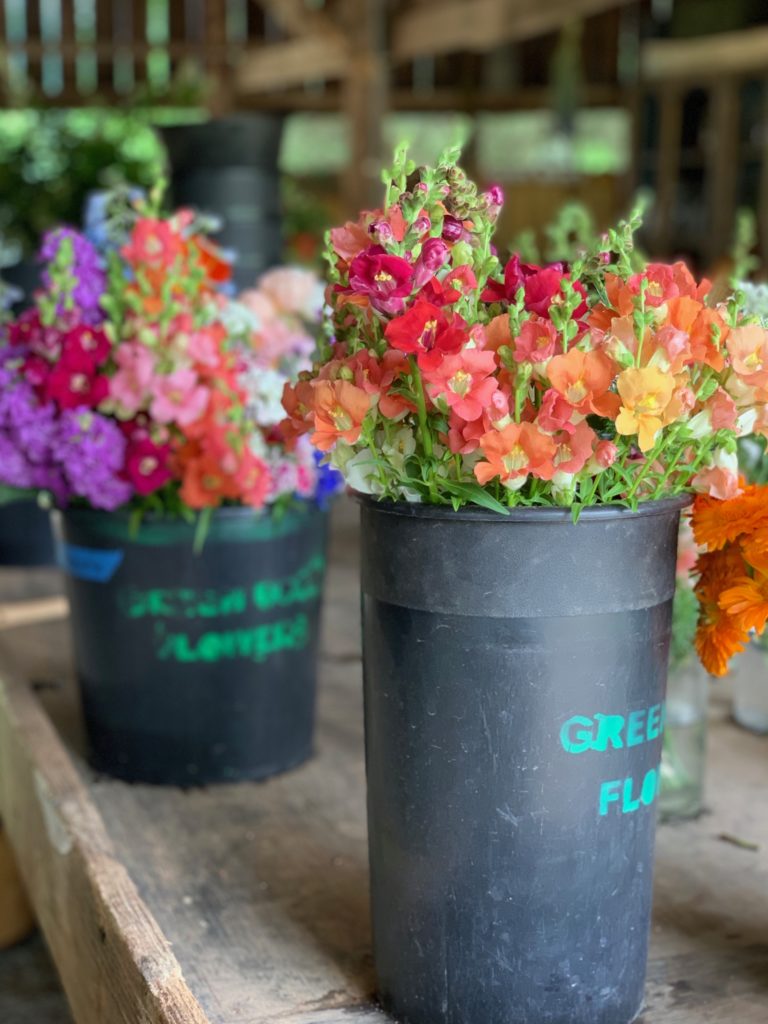
This chart was one of my largest inspirations for starting Love Local, although it’s a bit outdated, it shows how large corporations gobbled up small, organic businesses to profit from their images and company ethos.
It doesn’t take a lot of effort to shop small. Choose something that you can buy from a local small business and make an effort to purchase from there. For example, during the growing season, commit to shopping for your produce at the local farmers market. Do your grocery shopping at a locally owned grocer rather than Kroger. Try a local, independent coffee shop like Denver’s Corvus Coffee, rather than Starbucks. Shopping small is rewarding on so many levels. You can shop knowing that you’re keeping your hard earned money in the local economy. You’re supporting a person behind a business who lives and works in your community. Small businesses tend to support one another, so when you buy from a locally owned grocer, you’ll likely find they carry locally made goods like bread baked from a local bakery or produce grown on a local farm. Additionally, when you shop small, you are saving carbon emissions from entering the atmosphere because your products don’t have to be shipped hundreds or thousands of miles to reach you. One of my favorite parts of shopping small is seeing the face behind the products I’m buying; knowing who I’m buy from, having a conversation with that person, making a human connection. We’ve let that slip away with consumerism and I’m advocating to bring it back. Whether you are buying from a small business in Washington state from Tennessee or shopping from a small business in your town, you are supporting a person who is working to create a sustainable, healthy product and endorsing a sustainable future for all of us. It’s truly wonderful for everyone. Try setting a shop small goal for yourself and see how it goes.
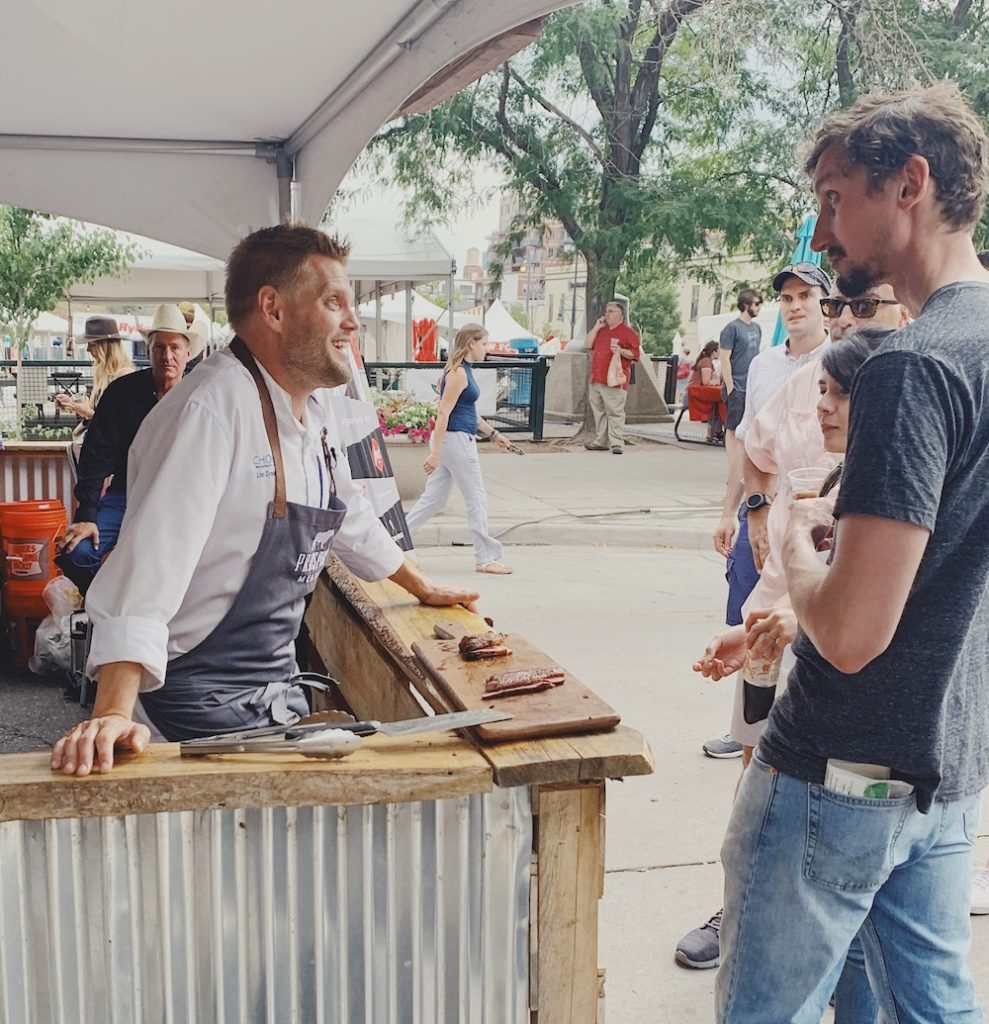
When you shop from small, sustainable brands is by doing so, you’re voting with your wallet and investing in brands that care about human and environmental health. Conventional products are typically made as cheaply as possible so corporations can reap the highest profit margins possible. Big business is usually willing to compromise on consumer health and safety with products that commonly contain harmful chemicals. I wanted to protect myself from being exposed to chemicals that could affect my health over long periods of exposure. Think about how often you use your cleaning products. The only way to protect ourselves and our families is to put some effort into knowing what we’re buying. This is a benefit of shopping from businesses in the Love Local directory. I have carefully vetted each and every company that is included on the site to ensure their values and business practices match the standards and ethos I’ve put in place. Love Local makes it easy to shop small and shop products that won’t compromise your health. Love Local also has very high environmental standards for the companies listed, because the health of our environment directly correlates with our health. If lakes and streams are polluted, our drinking water is polluted. When harmful emissions are released in the air, we breathe those chemicals into our lungs. When excessive plastic pollution breaks down into nano-particles, those particles infiltrate our food chain, and end up in our bodies. That to me is unacceptable and I believe that we have the power to change that by making better choices about what we buy and who we buy from. Instead of giving money to corporations who could care less about their environmental impact, shop small from someone who is striving to minimize their impact.
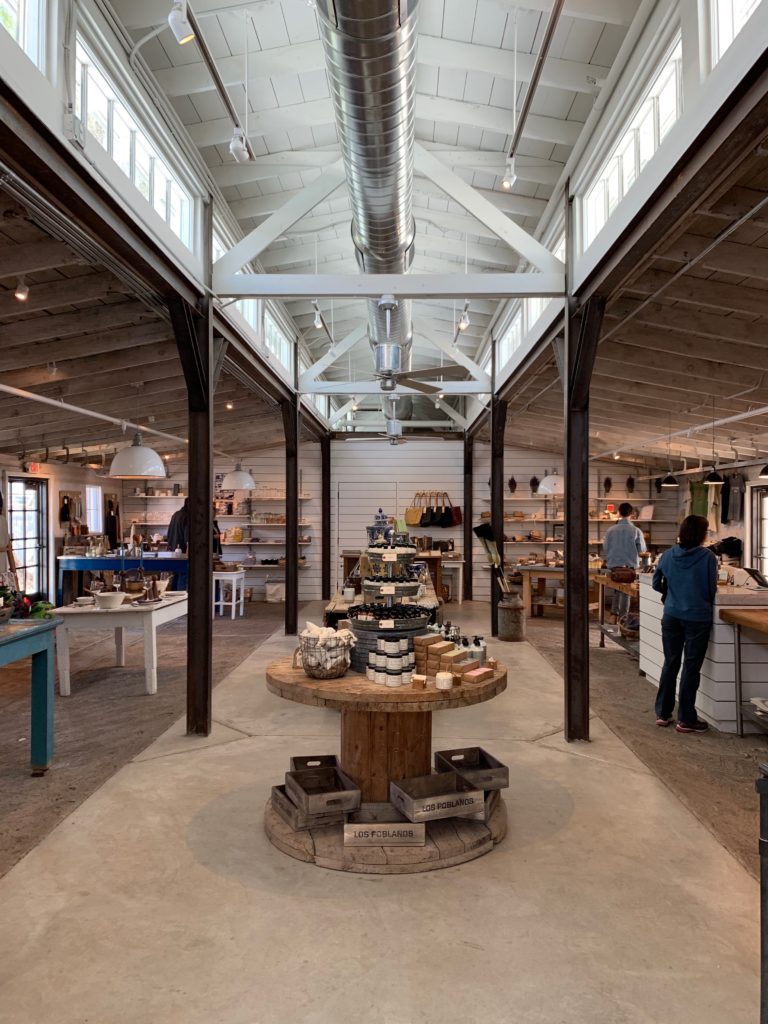
I recently had the pleasure of meeting Tennessee legend, Jeff Poppen, more commonly known as The Barefoot Farmer. Jeff is an incredibly knowledgable, longtime advocate of local, organic food. While visiting his farm, he told me a story that has stuck with me ever since. Nitrogen is an essential element for plant life. Plants typically get the nitrogen they need from the soil and farmers use compost and strategic planting to replenish the soil when it’s nitrogen deficient. During WWII German scientist Fritz Haber, developed a method to pull nitrogen from the air and used it to fuel the munitions industry for the war. There were stockpiles of this new nitrogen after the war. In need of a way to sell it, it was marketed to farmers as fertilizer with the promise of healthy, plentiful crop yields, even though nitrogen is completely free and naturally occurring. The munitions factories turned into fertilizer factories, fueling factory farming and the onset of heavy use of chemical fertilizers.
Read more here:
The Barefoot Farmers Blog – Why Compost Works and Chemicals Don’t
Mother Jones – History of Nitrogen Fertilizer Ammonium Nitrate
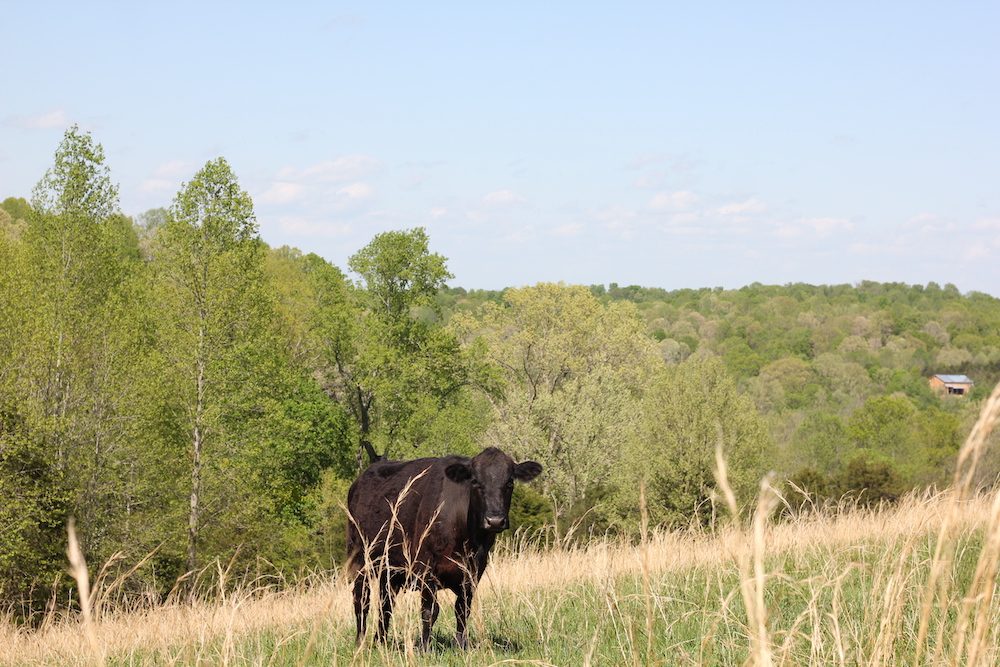
This motivates me. From a health perspective and from a value perspective, to shop small, to know my farmer, to support someone who supports the natural processes of the earth. I hope this motivates you as well, to shop your values. Farmer’s Market season is right around the corner. Use Love Local to find a market near you, get the family involved and start getting to know the small scale farmers in your area who are working to bring you healthy, locally grown food without degrading the environment and polluting your water and soil.
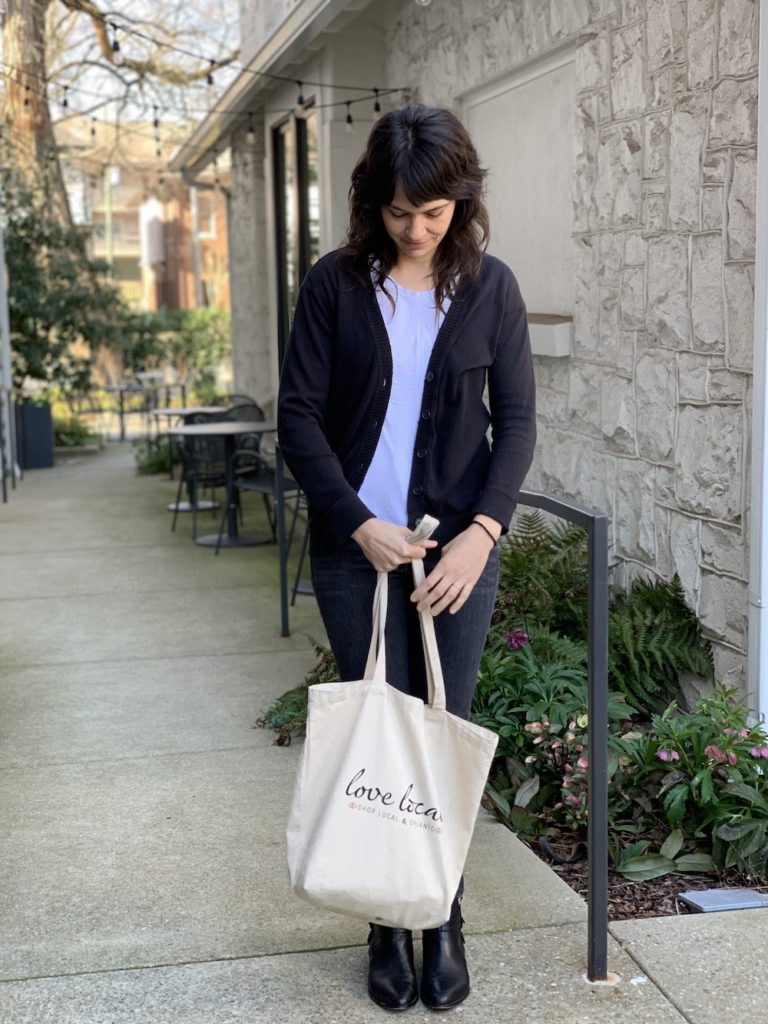
Love Local represents a movement, a shift in our culture towards savvy and eco-friendly consumerism, a shift towards a shop small ethos. The Saturday after Thanksgiving is Small Business Saturday. It was started by American Express to shine a spotlight on small businesses and get people to shop small around the country. The holiday is an easy, fun way to explore neighborhood businesses with friends. Discover more about shopping small through this program here. We must be smarter about what we buy, what we throw away and aim to do better. I hope this inspires you to make a little extra effort to shop from small businesses when you can. Visit Love Local to quickly and easily find small businesses in your neighborhood and go, shop small proudly.
